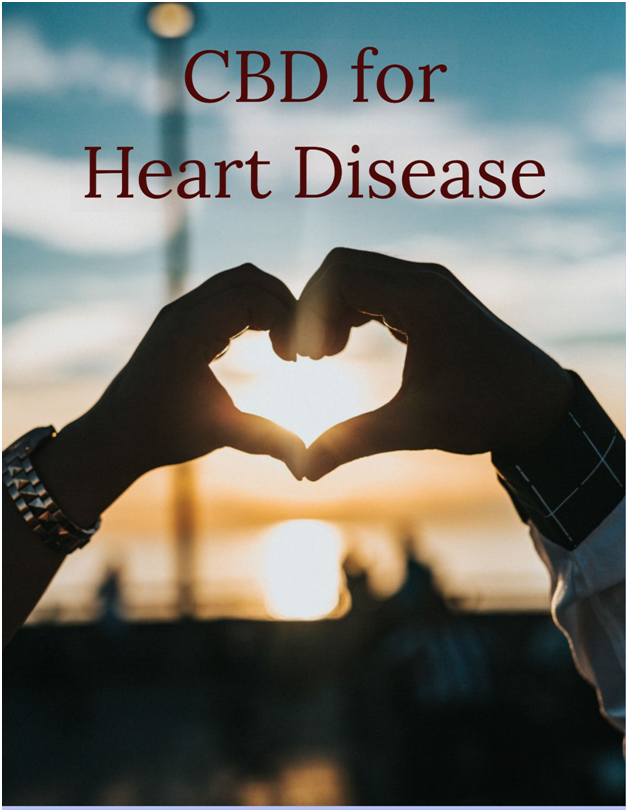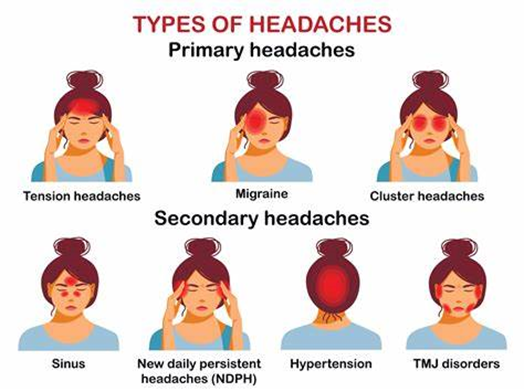What is heart disease?
Heart disease, also known as cardiovascular disease, typically refers to conditions that involve narrowed or blocked blood vessels that can lead to a heart attack or stroke. Other heart conditions, such as those that affect your heart’s muscle, valves or rhythm, also are considered forms of heart disease. Symptoms may include fatigue, shortness of breath, irregular heartbeat, swollen feet or ankles, fainting, or chest pain. Heart disease is the leading cause of death in the US.
The cardiovascular system plays a vital physiological role in the body. Comprising the heart, lungs, and blood vessels, this system is responsible for the critical task of transporting nutrients, hormones, and oxygen to cells via the bloodstream. It also disposes of waste products, such as carbon dioxide and nitrogenous waste via the same mechanisms.So this makes it critical that we keep our cardiovascular system in as good of health as we possibly can.
How can CBD help with heart disease?
Among other things, inflammation of the heart can cause cardiovascular cells to become damaged or even die. This can be brought on by certain diseases, viruses, medications, or even an autoimmune attack. If inflammation isn’t treated, it could result in death.
CBD is well-known for its potential to reduce harmful inflammation. The 2-AG endocannabinoid binds to the CB2 receptor, and this causes the immune system to send out less immune cells to attack. Also, CBD has proven to reduce the number of cells that die in the heart during inflammation. This helps your heart muscle hold onto its strength.
One of the cardiovascular benefits of CBD is its ability to reduce resting blood pressure, as well as blood pressure when faced with stressful stimuli. A study published within the “JCL Insight”in 2017, investigated the blood pressure-lowering effects of CBD on humans. Nine healthy male volunteers participated in the study and were either given 600mg of CBD or a placebo.
The results showed that CBD reduced resting systolic blood pressure (the maximum arterial blood pressure during heart contraction) and reduced stroke volume (volume of blood pumped per beat). These results have important implications considering that high blood pressure is a contributing factor to ischemic heart disease.






Leave A Comment
You must be logged in to post a comment.